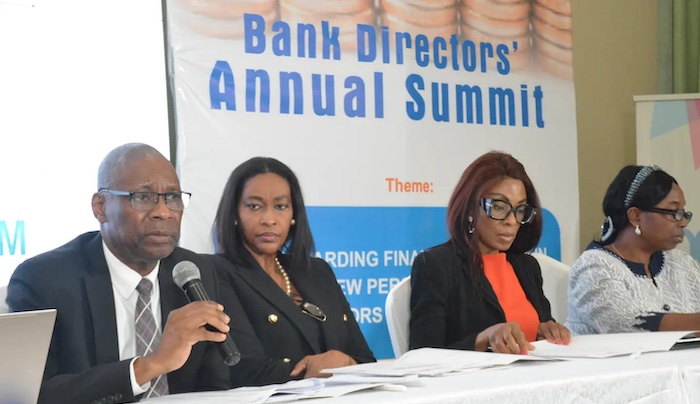The Bank Directors Association of Nigeria (BDAN) has urged the Nigerian government to reassess the newly implemented 70 per cent windfall tax on bank profits derived from foreign exchange transactions.
This tax, slated to be effective from 2023 to 2025, has raised considerable apprehension within the banking sector, particularly due to its timing and potential implications for ongoing recapitalisation efforts.
In a statement signed by BDAN’s Chairman, Mustafa Chike-Obi, the association recognised the government’s intentions behind the windfall tax but insisted the levy is “grossly burdensome and inopportunely imposed.”
The body stressed that the exorbitant tax rate could smother growth and innovation within the banking industry, inevitably impacting the quality of financial services available to customers and the broader economy.
Chike-Obi appealed for more extensive consultation and dialogue between the government and stakeholders in the banking sector before enacting such substantial changes.
“While the imposition of this windfall tax appears to be a response to the current economic climate, we suggest that a 70 per cent tax rate is excessively burdensome and ill-timed, particularly considering the ongoing bank recapitalisation efforts.
“Such a high levy has the potential to stifle growth and innovation within the banking sector; ultimately affecting the quality of services we provide to our customers and the broader economy.
“Moreover, we believe that it is vital for all stakeholders in the banking sector to have been consulted before the enactment of such significant changes in the Finance Act 2023. Open dialogue and negotiation are essential to ensure equitable and effective policies.
“We also request clarification on what constitutes “FX transactions” to be taxed and the treatment of banks that may incur losses rather than gains during this period. We urge the government to provide clear guidelines on this matter to avoid further uncertainty.”

The text further emphasised that Nigerian banks are currently some of the most taxed globally, highlighting the current AMCON fee charged on overall bank assets. BDAN appealed to the government to review the possibility of merging all bank taxes and charges in the future to reduce the industry’s tax load.
“It would also be critical to reassure the banking community that future levies and taxes will not be arbitrarily imposed.”
“In view of these concerns, we respectfully urge the National Assembly to revisit this amendment and engage in constructive discussions with stakeholders in the banking sector.
Lauding the Central Bank for its recent initiatives to stabilise the banking sector, the association stresses that it is dedicated to providing support and working closely with regulators, government bodies, and other stakeholders to create mutually beneficial solutions.


